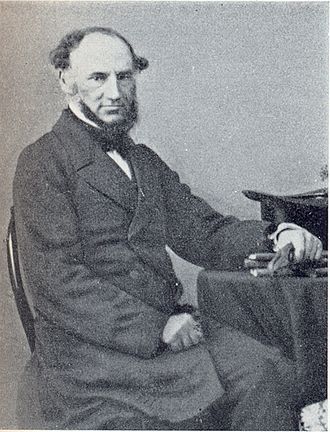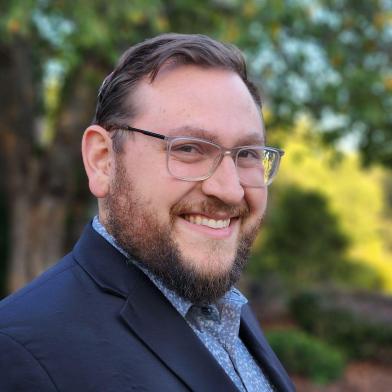Abraham Baer's magnum opus was entitled Baal T’fillah: Oder, Der practische Vorbeter: Vollständige Sammlung der gottesdienstlichen Gesänge und Recitative der Israeliten nach polnischen, deutschen (aschk'nasischen) und portugiesischen (sephardischen): Weisen nebst allen den Gottesdienst betreffenden rituellen Vorschriften und Gebräuchen.
Baer’s anthology eventually became an authoritative source in the new schools for training cantors established in the USA by the Reform and Conservative Jewish movements in the 1950s: the Cantor’s Institute of the Jewish Theological Seminary of America (now the H. L. Miller Cantorial School; see N. Levin 1997); and the School of Sacred Music of Hebrew Union College. A testimony to the canonical standing of Baer in the eyes of these educators (Europeans in origin) was its selection as the opening volume of the massive 35-volume collection, Out-of-Print Classics of Cantorial Liturgy, published by the Sacred Music Press (an operation of the Hebrew Union College) in 1953 (and again in 1985). The American reprints of Baer’s work are of emblematic significance because this indicated the acceptance of this written source over the orally-transmitted traditional improvisation of the liturgical lore. Although this phenomenon had already taken root in Western European cantorial circles, the reliance on a written musical text by their American progenies was certainly more sweeping.
For additional information about the life of Baer, see Hammarlund, Anders. A Prayer for Modernity: Politics and Culture in the World of Abraham Baer (1834-1894). Stockholm: Svenskt visarkiv/Statens musikverk, 2013, available online.
(The photo is taken from Wikipedia)






